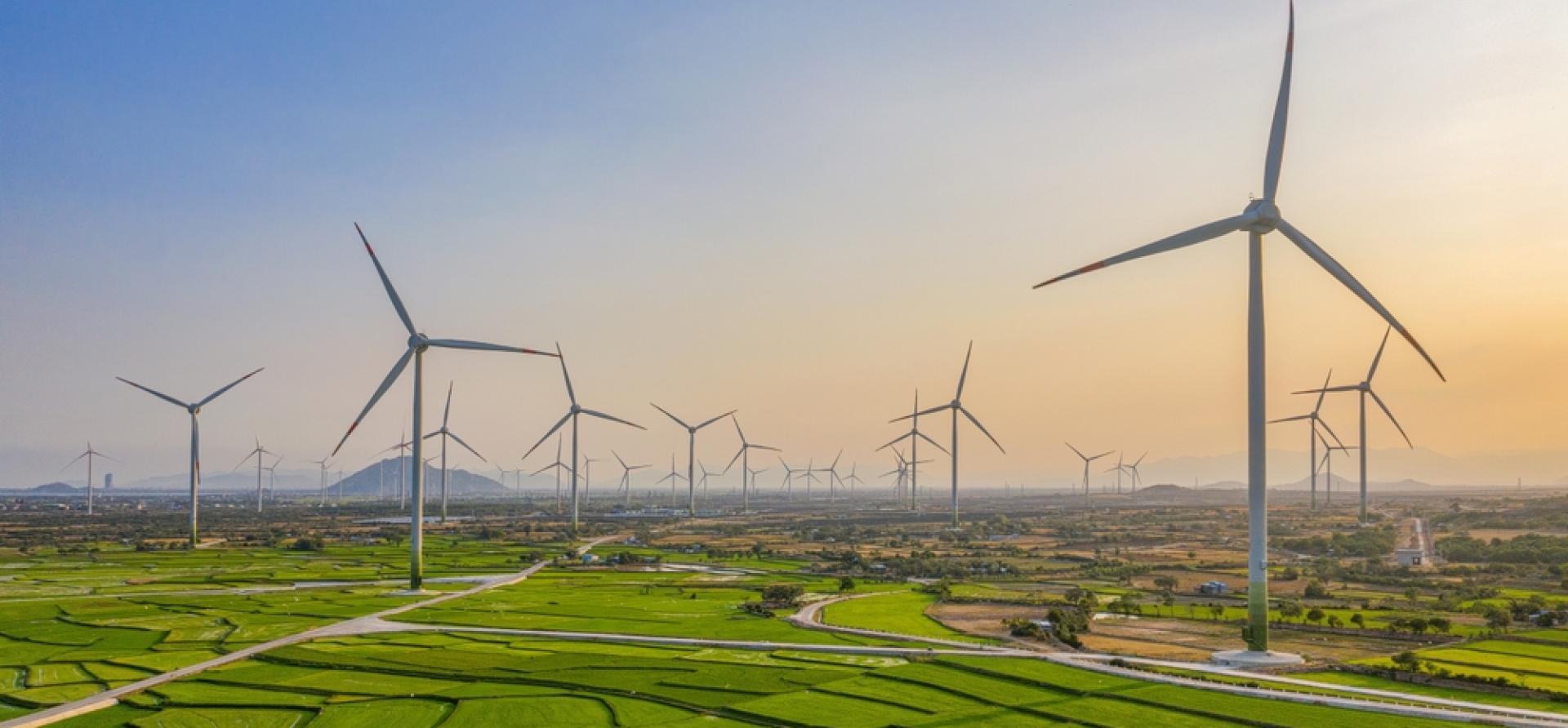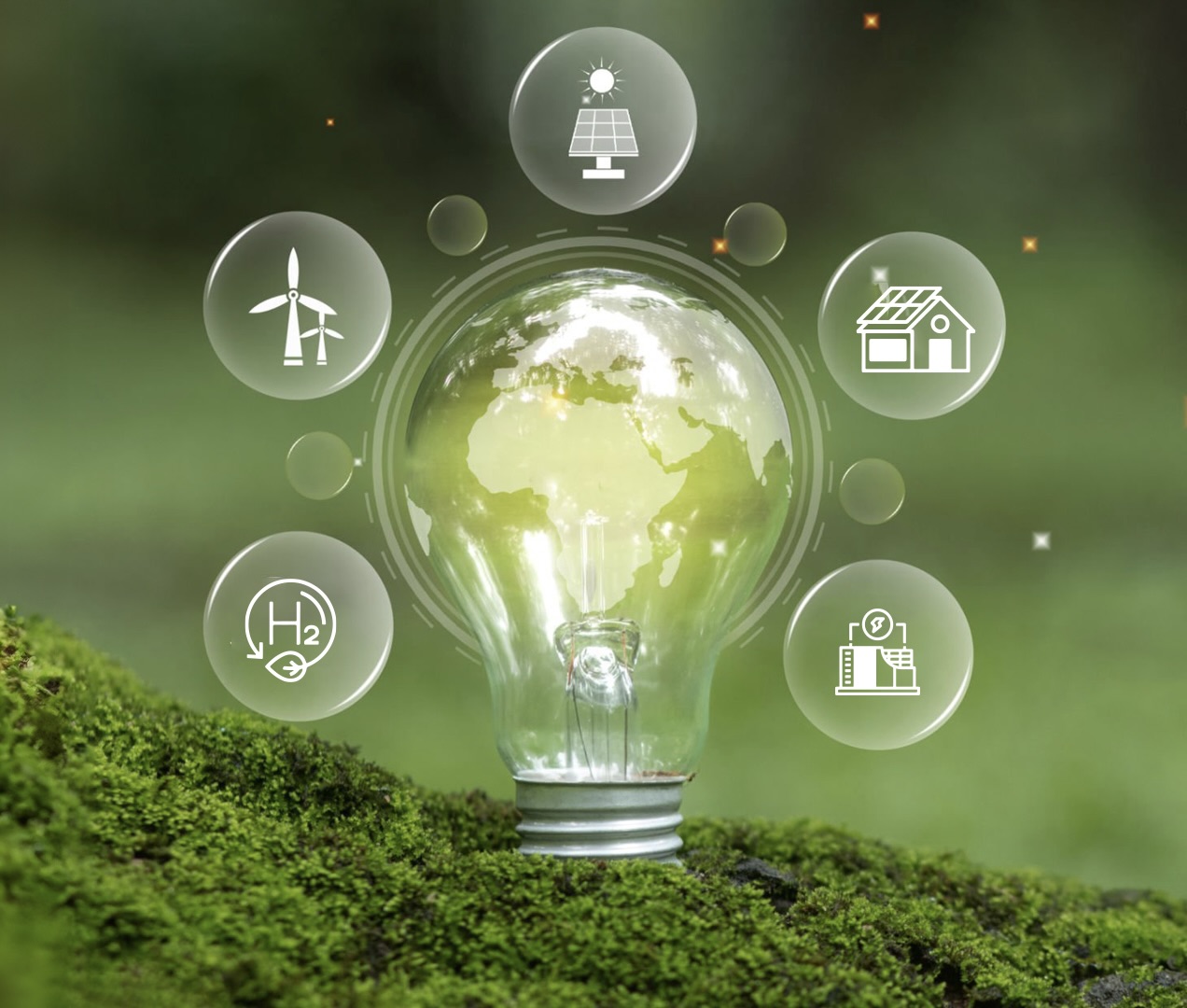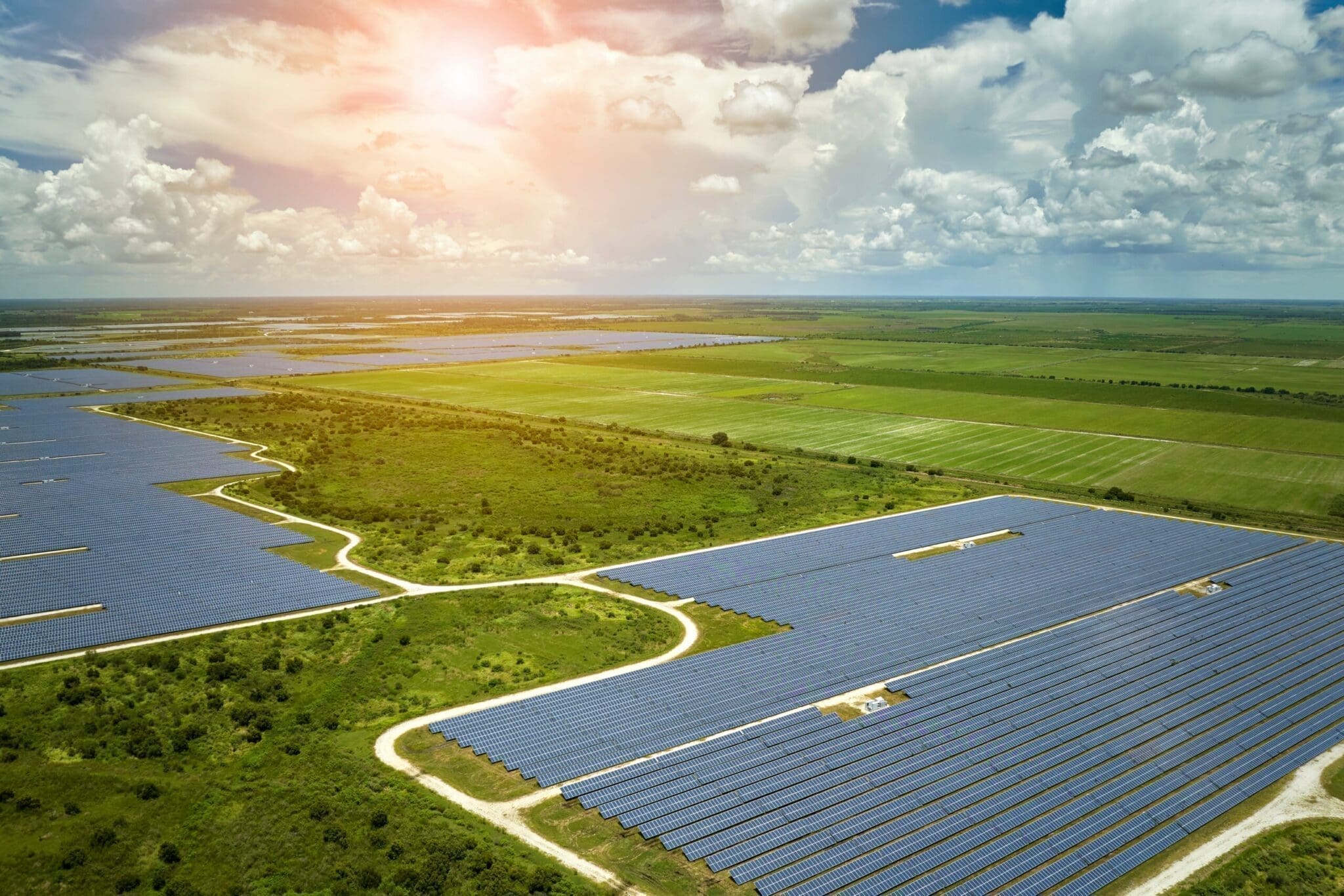Quick Links

Renewable Energy for a Sustainable Future
Discover how renewable energy sources can help combat climate change and ensure a sustainable future as part of SDG 7.
Why Renewable Energy Matters
Renewable energy is crucial in addressing climate change and ensuring a cleaner future. It reduces dependence on fossil fuels, minimizes environmental damage, and is a key element of global sustainability goals.
Types of Renewable Energy
1. Solar Energy
Solar panels convert sunlight into electricity, providing a clean and abundant energy source with minimal environmental impact.
2. Wind Energy
Wind turbines harness wind power to generate electricity, reducing reliance on fossil fuels and cutting carbon emissions.
3. Hydropower
Hydropower uses the energy of moving water to generate electricity, making it one of the oldest and most reliable renewable energy sources.
4. Geothermal Energy
Heat from within the Earth can be used to generate electricity or provide direct heating for homes and industries.
5. Biomass Energy
Organic materials like wood, crop waste, and biofuels can be used to generate heat and electricity, offering a renewable alternative to fossil fuels.

Eco-Friendly Practices vs. Traditional Practices
| Aspect | Eco-Friendly Practices | Traditional Practices |
|---|---|---|
| Environmental Impact | Reduced carbon emissions, improved biodiversity | Higher carbon footprint, land degradation |
| Soil Health | Enhanced soil fertility and structure | Soil erosion, reduced organic content |
| Water Use | Water conservation through natural methods | High water consumption and pollution |
Benefits of Renewable Energy
Renewable energy offers numerous benefits including lower greenhouse gas emissions, reduced air pollution, and a more stable energy economy. It also contributes to job creation in green industries.

Challenges in Adoption
Despite the benefits, there are challenges in the widespread adoption of renewable energy. These include high initial investment costs, infrastructure limitations, and intermittent energy generation for some sources like wind and solar.
Future of Renewable Energy
The future of renewable energy is promising, with advancements in technology making it more affordable and efficient. Government policies and global efforts will be crucial in driving the transition to a sustainable energy future.
Conclusion
Transitioning to renewable energy is a key step in reducing carbon emissions and mitigating climate change. By supporting and adopting renewable energy solutions, we can ensure a cleaner and more sustainable future for generations to come.
